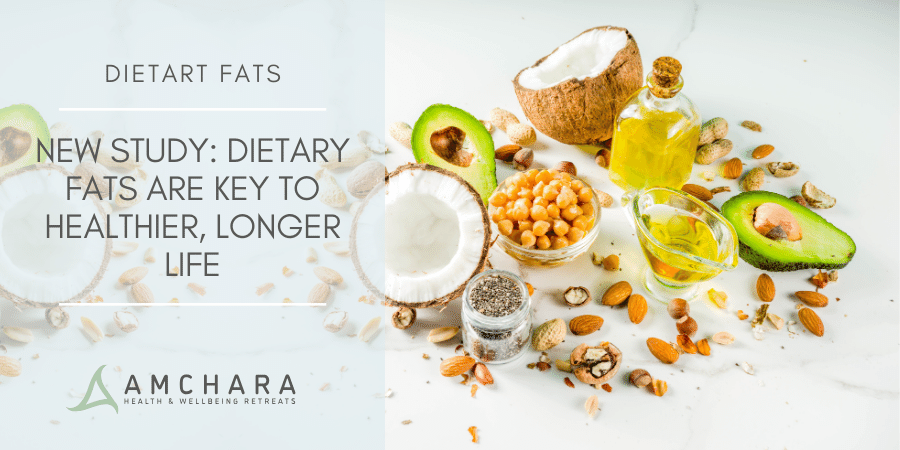The never-ending debate on dietary fats is still in the air – should you include fats? If so, which fats? Latest recent research* by Harvard T.H Chan School of Public Health has discovered that consuming higher amounts of unsaturated fats has been linked to lower rates of mortality. The study was conducted over three decades and found that replacing saturated fats with unsaturated fats has greater health benefits and has concluded that types of fat are more important rather than total amount of fat in the diet.
The study
The study included 126,233 participants who answered questions about their diet, lifestyle and health of over 32 years. Researchers looked at the relationship between the types of fats in their diets as well as the overall deaths including an analysis of deaths due various diseases.
In addition the study found that a higher intake of saturated fat (found in foods like butter, lard, and red meat) as well trans-fat (such as partially hydrogenated vegetable oil) was linked to a higher chance of mortality in comparison to the consumption of the same number of calories from carbohydrates. They found that those who replaced saturated fats with unsaturated fats had a significantly lower risk of death as well as lower risk of cancer, cardiovascular disease, respiratory disease and neurodegenerative disease.
What are saturated fats?
- Processed foods – cakes, crackers, pastries, and chips as well as processed meats.
- Animal protein – Poultry, pork and beef
- Some plant oils – coconut and kernel oil
- Dairy products – milk, butter and cheese.
What are unsaturated fats?
- Nuts & seeds
- Some fish – salmon, tuna, anchovy
- Avocado
- Olives.
Lead author Dong Wang (a research fellow in the Department Nutrition) has said that overall, the emphasis on the type of dietary fat is what matters and believes that based on the study restricting red meat and including more nuts, seeds and oily fish and using vegetable oils such as olive instead of butter – as well as limiting potatoes, added refined sugar and grains.
*Source: “Specific Dietary Fats in Relation to Total and Cause-Specific Mortality,” Dong D. Wang, Yanping Li, Stephanie E. Chiuve, Meir J. Stampfer, JoAnn E. Manson, Eric B. Rimm, Walter C. Willett, and Frank B. Hu, JAMA Internal Medicine, online July 5, 2016, doi:10.1001/jamainternmed.2016.2417
Related diet topics:




